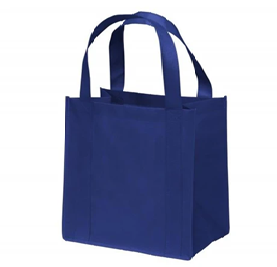Are reusable bags a carrier of germs or the solution for the future?
October 16, 2020
Any mention of germs recently has brought one thing to mind, Covid-19. New Hampshire was aware of this, and just a few months ago, on March 31st, New Hampshire became the first state to temporarily ban reusable bags because of the fear they could spread the virus.
Four months later, Governor Sununu repealed the order saying in a tweet on July 27th, “Today I will be issuing a new emergency order that rescinds the ban on reusable bags when shopping. We looked at the latest data, consulted with officials at public health, and asked individuals to be courteous and respectful to retail/grocery workers by cleaning your reusable bags.”
Looking at a study published in the New England Journal of Medicine, they found “COVID-19 can live up to three days on polypropylene, which is the material that most reusable bags are made of.” For non-reusable plastic bags, according to a study by the U.S. National Institutes of Health, the virus can remain on plastic surfaces for up to three days. So neither bag is better or worse at preventing the spread of the virus.
There is a downside to reusable bags though, they have to be cleaned. It is recommended by the American Cleaning Institute to clean your bags after every use. How should you clean your reusable bags? According to the American Cleaning Institute, woven or nonwoven polypropylene bags (standard grocery bags) can be washed in the washing machine on a gentle cycle with cold water and soap or by hand with water and soap. They suggest that you dry the bags on a clothesline.
So which bag should you use? Are plastic bags really the way to go? According to Waste Management, only 1% of plastic bags are returned for recycling, and according to NRDC Urban Program co-director, Eric A. Goldstein, “The average American family takes home almost 1,500 plastic shopping bags a year”. That means 1485 plastic bags are not recycled by each family every year. So are plastic bags the solution to the future? Although it does take more time to bring reusable bags to the store and clean them after, they are better for the environment and the future.

